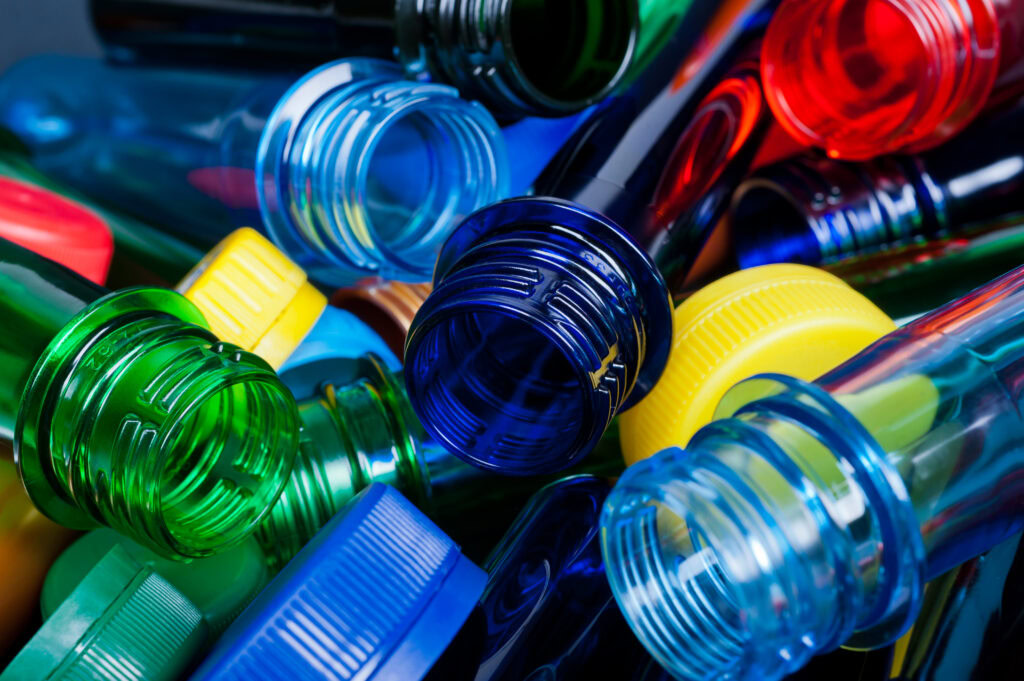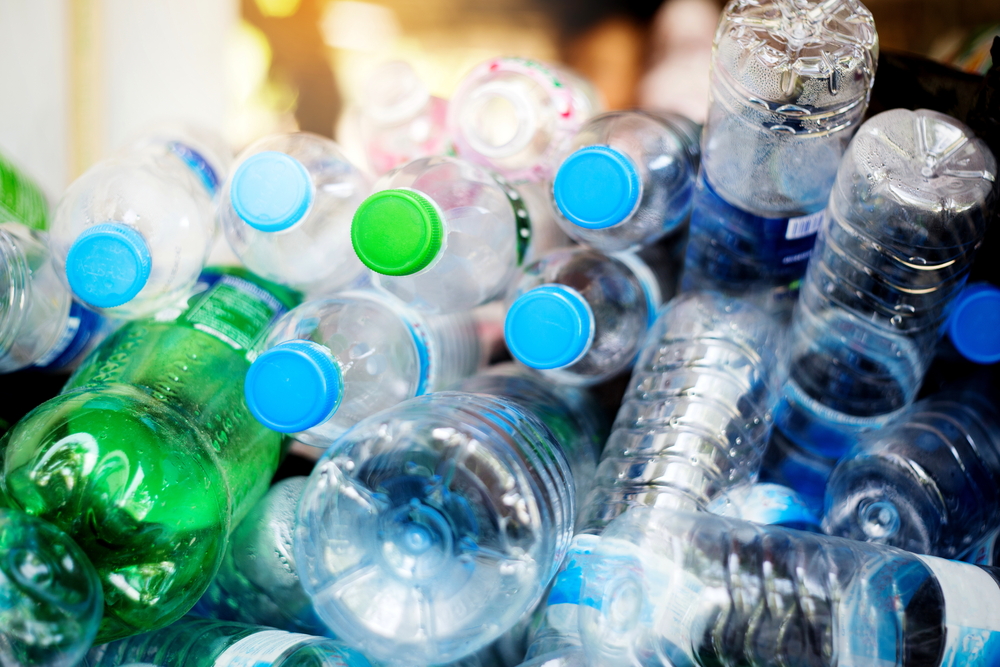Jessica Baker, who is managing director at Suffolk-based Chase Plastics and a member of the British Plastic Federation Recycling Council and Waste Action Forum, told letsrecycle.com that household film should be sent to landfill.
The problem is getting the message across that it's just as important to leave certain things out as it is to put them in. Plastic is inert in landfill, it's material which decomposes that is causing problems”
Jessica Baker, Chase Plastics
Ms Baker, whose company recycles industrial and commercial film, has said that she thinks separating all materials at the kerbside is the best way forward.
But that if commingled collections must continue, kerbside collections should be restricted to plastic bottles only.
This would reduce the contamination of other materials, such as paper and aluminium, caused by food residues stuck to cling film and plastic trays. It would also make sorting plastics easier and solve problems at materials recycling facilities, where film “gums” the machinery.
Ms Baker said that while councils appear to be in favour of dropping film, the difficulty lies in convincing a public which is calling for all materials to be recycled.
She added: “The problem is getting the message across that it's just as important to leave certain things out as it is to put them in. Plastic is inert in landfill, it's material which decomposes that is causing problems”
The MD of the company which has was founded 45-years-ago, believes that film collected from UK households is too contaminated to be recycled in the UK and would have to be exported to a market which she says has “devastated the indigenous recycling industry and brought it to its knees”.
PERNs
She believes that the lower quality of material accepted abroad, the lucrative financial lure of the producer responsibility subsidy, the PERN (Packaging Waste Export Recovery Note), and less stringent checks on foreign reprocessors, has seen the UK plastics recycling industry move from one of actual recycling and reprocessing to one of collecting for export.
“The move to the PERN system was the beginning of the end for the UK recycler, who was immediately disadvantaged because it cost them so much more to actually process material. Their PRNs did not provide nearly as much extra income for them as the PERN did for an exporter,” Ms Baker explained.
She added: “The export trade, with their new buying power, aided by the income the PERN gave them, outbid UK recyclers for waste materials. This deprived the UK sector of a commercially viable feedstock. Chase Plastics Ltd saw its gross margin drop by 20%, and had to close one of its factories in an effort to stay in business while the export traders made very good profits.”
Ms Baker has welcomed the Environment Agency's efforts to scrutinize more closely the type of waste shipped abroad and hopes that this along with China's increasing demand for better quality material, could lead to a more positive focus on the UK market.










Subscribe for free